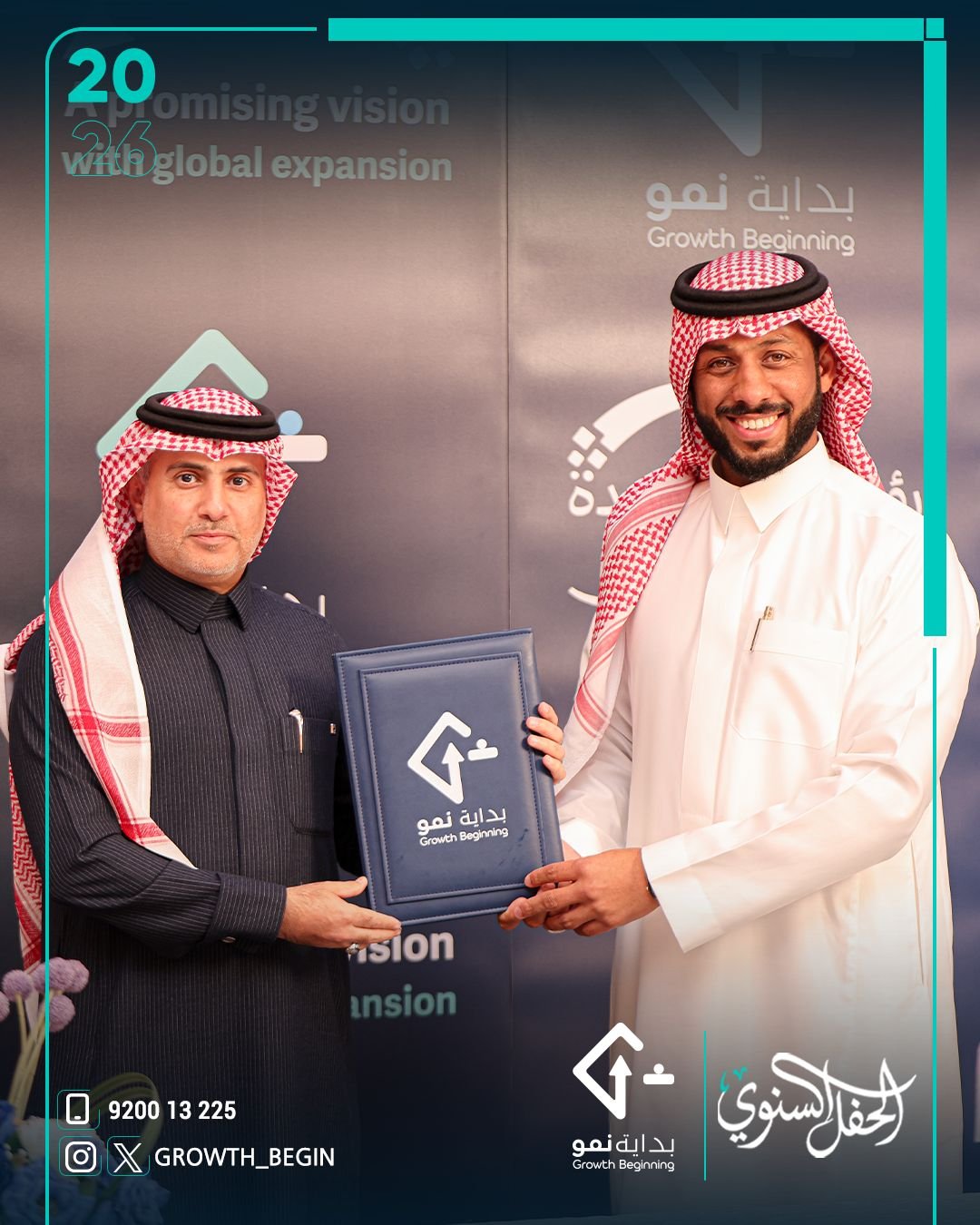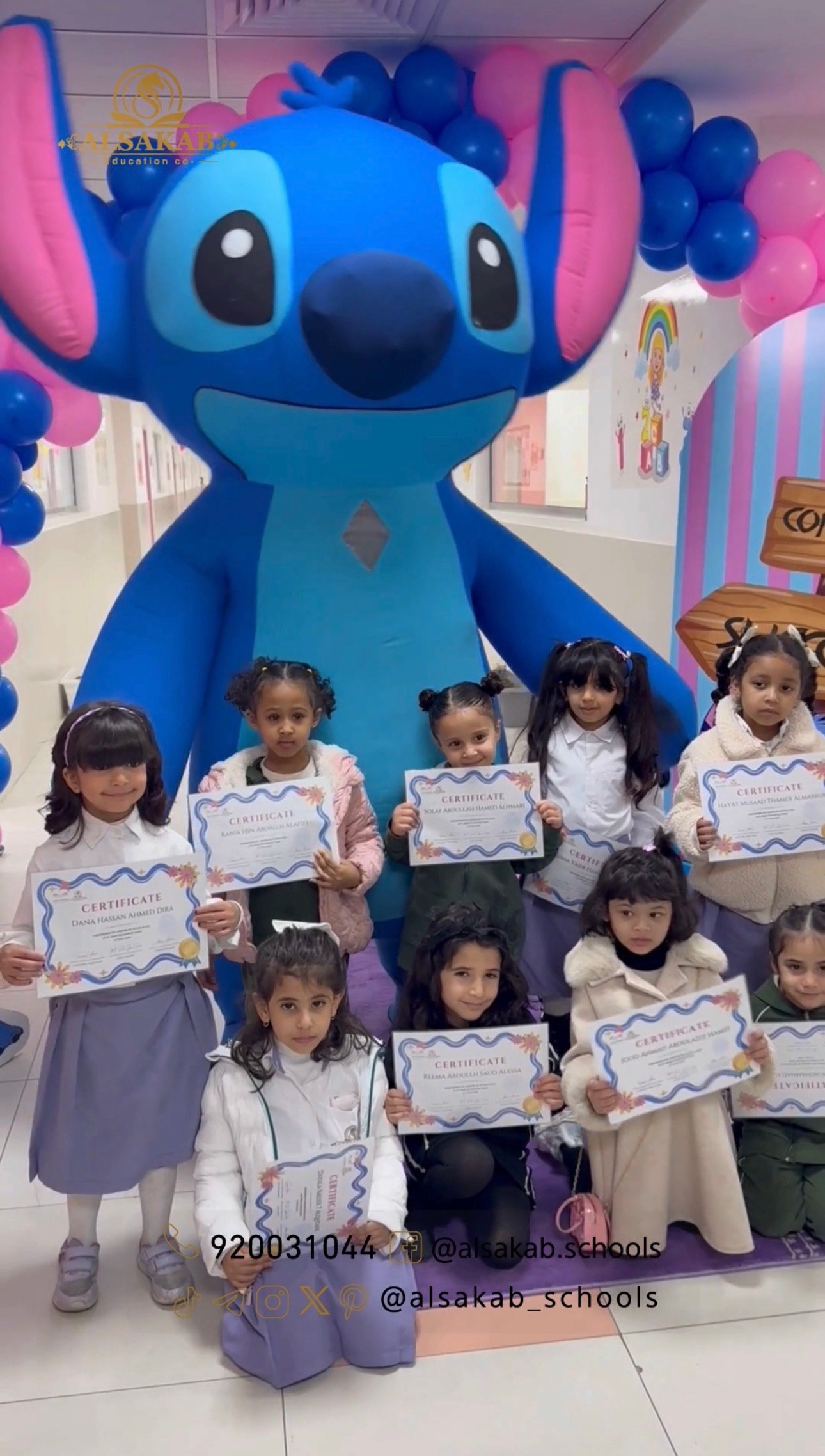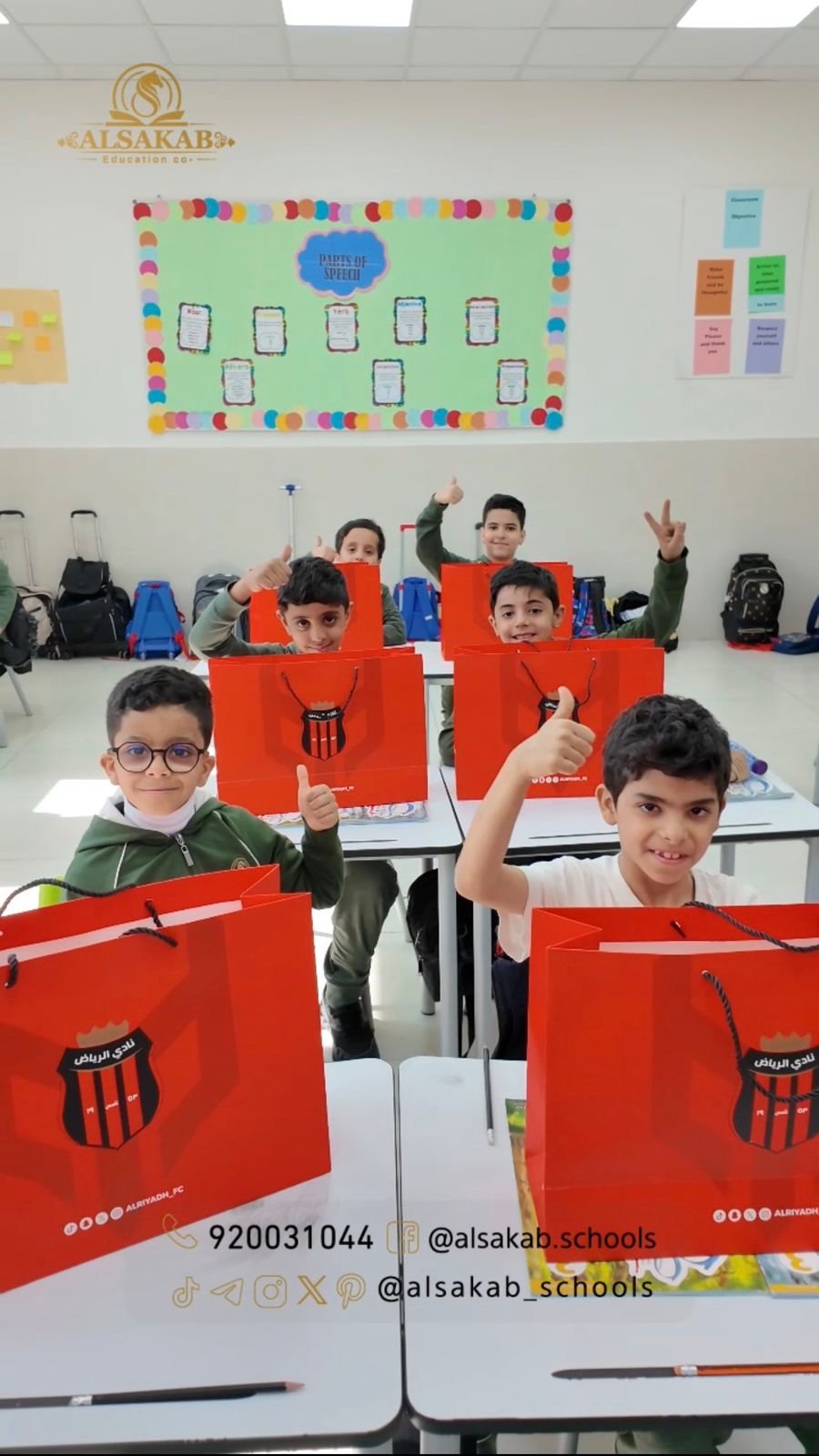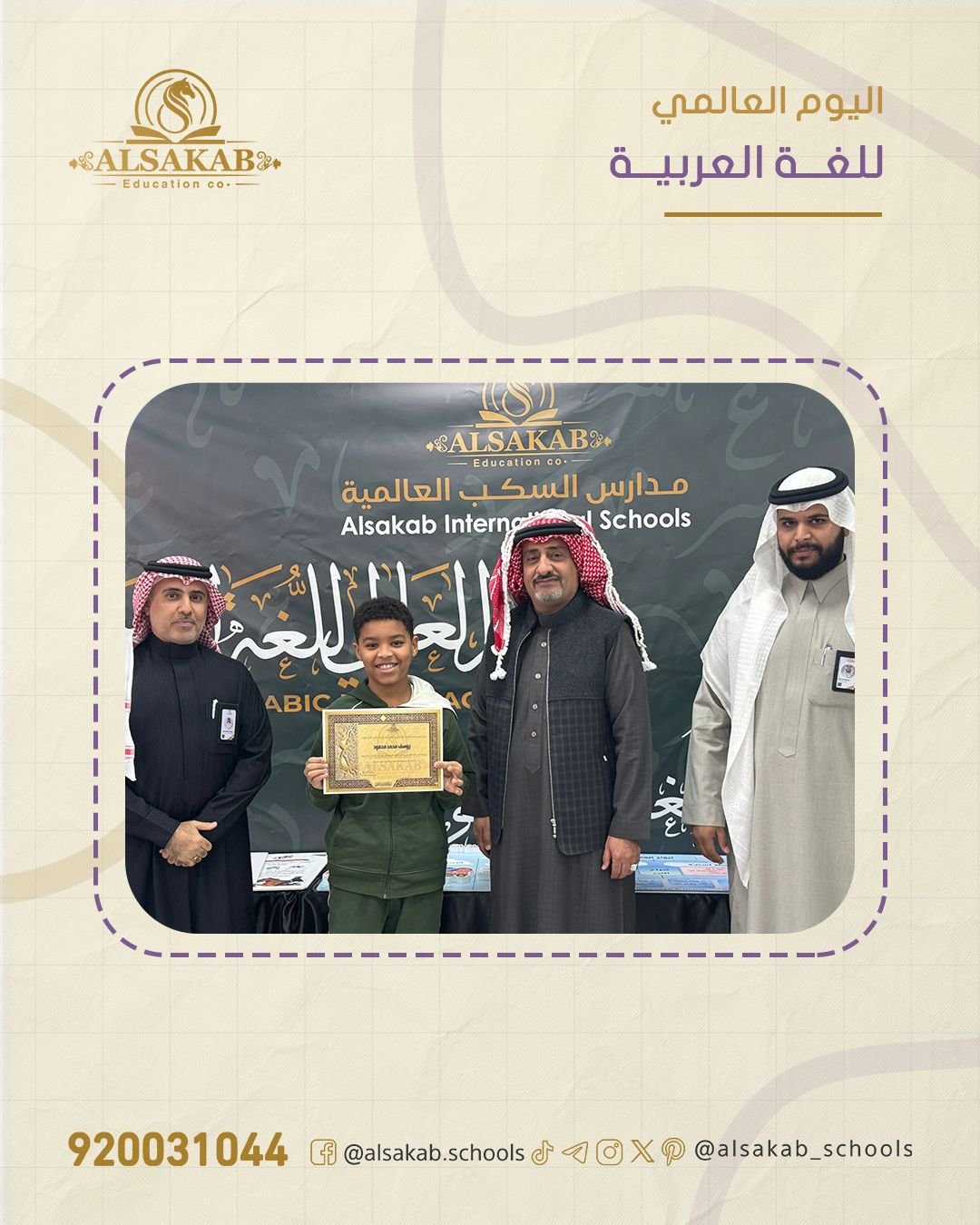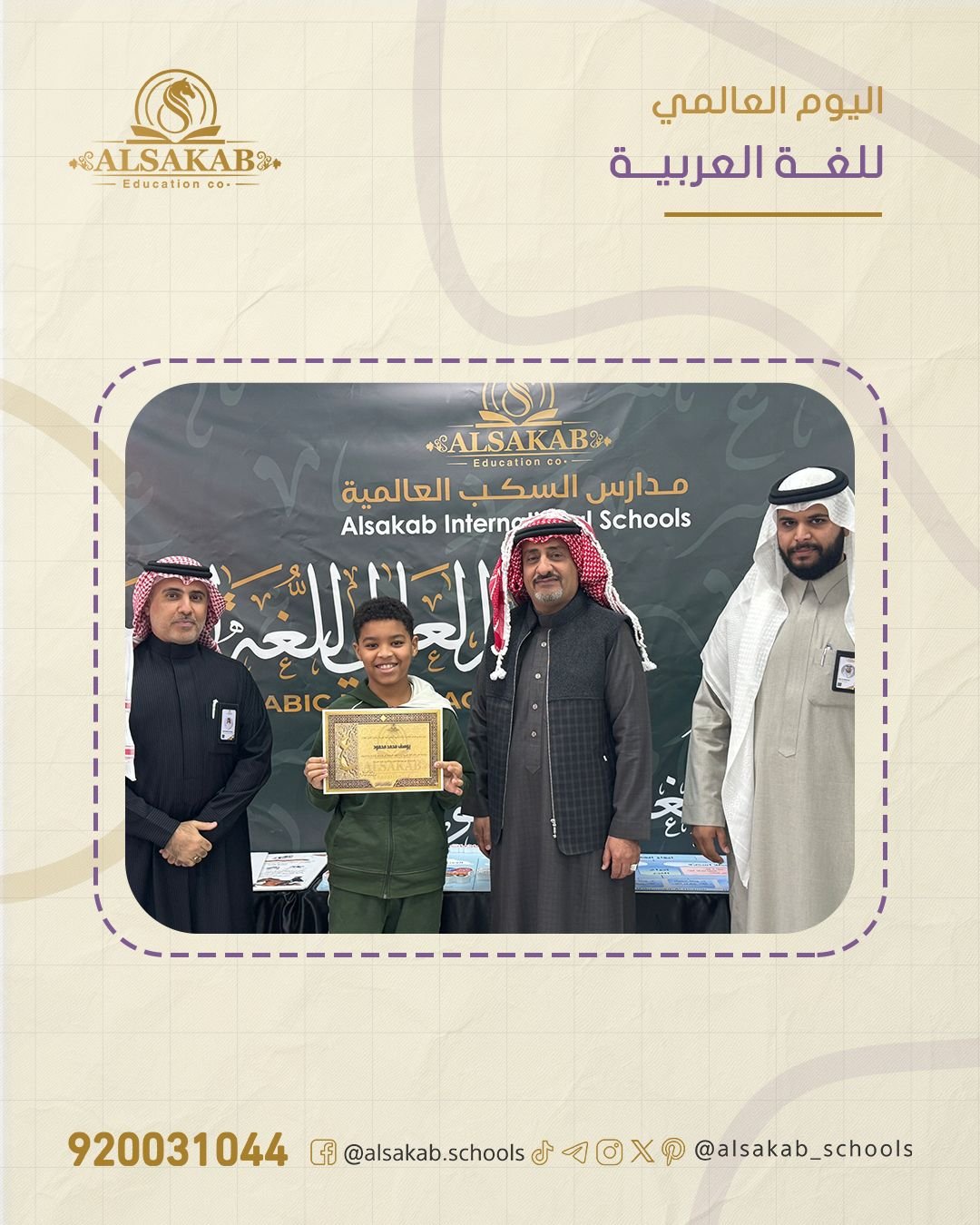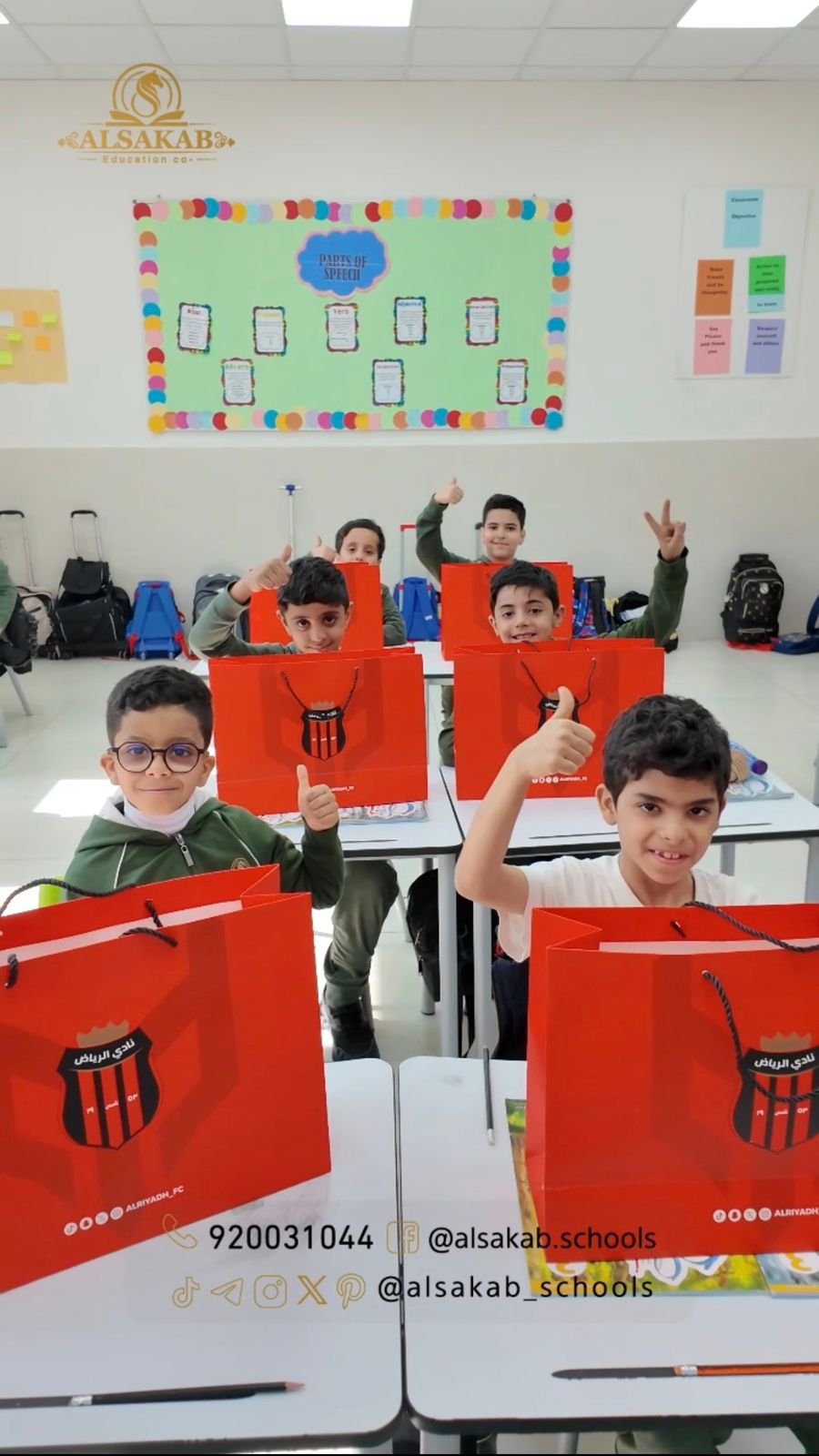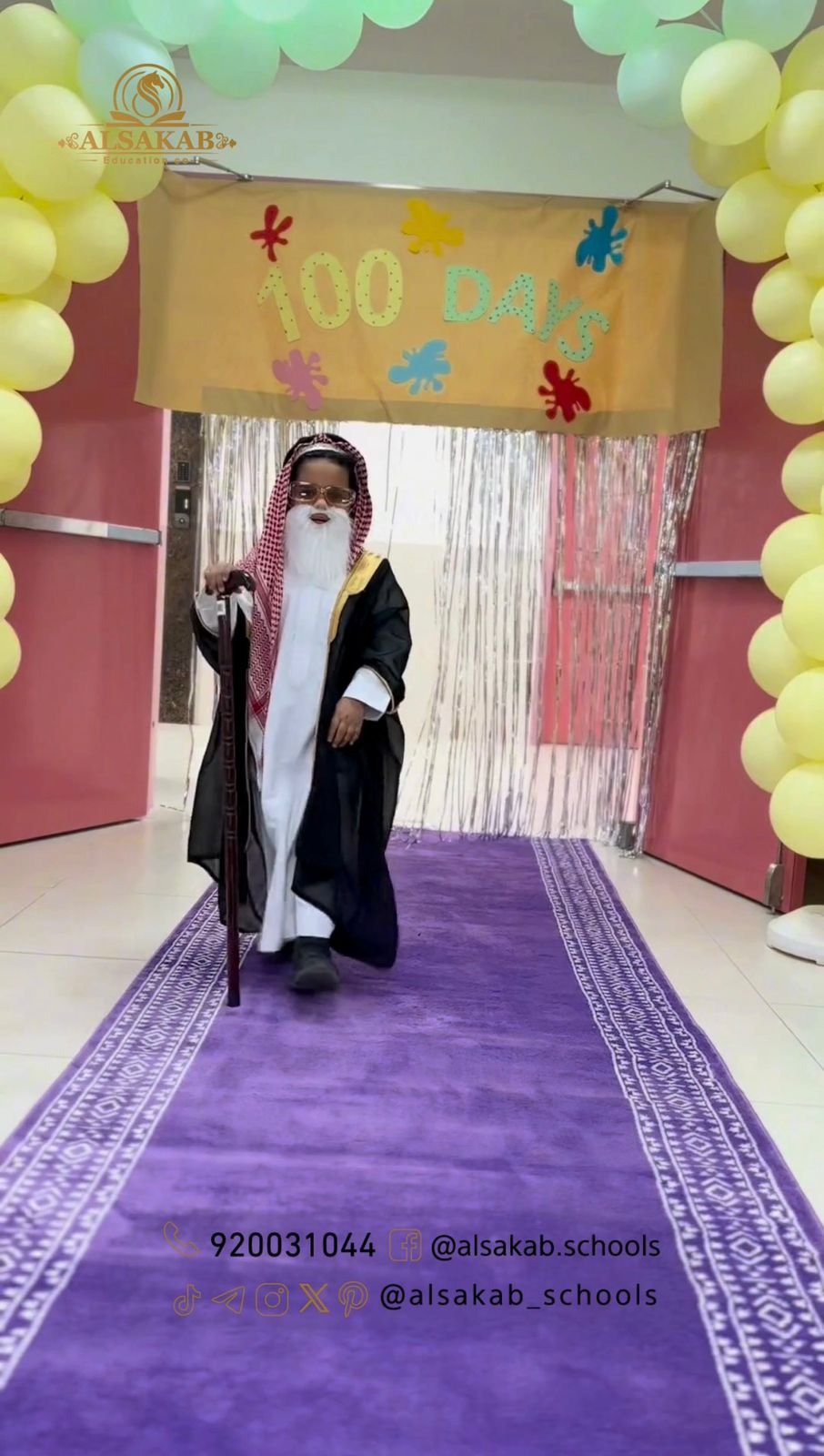Understanding the Concept of Al Sakab International Schools
Al Sakab International Schools represent an innovative educational model aimed at providing a comprehensive learning experience that aligns with the demands of the modern era. These schools are based on an educational philosophy focused on the integrated development of students’ skills, offering them a flexible and stimulating learning environment. Enhancing students’ abilities in critical thinking, collaboration, and initiative is one of the primary goals that Al-Sakab International Schools strive to achieve.
What sets AlSakab International Schools apart from traditional schools is their emphasis on practical and interactive learning. They incorporate a curriculum based on innovation and experimentation, encouraging students to discover knowledge on their own. These institutions aim to develop students’ skills through hands-on projects and the implementation of academic ideas and research, giving them the opportunity to apply what they learn in real-world scenarios. This helps students understand information more deeply and enhances their ability to solve future problems.
Additionally, Al Sakab International Schools offer flexible study programs that cater to the diverse needs of students. The curricula are continuously updated to meet the demands of the job market and keep pace with ongoing changes in scientific and technological fields. The educational program in these schools focuses on teaching life skills relevant to the 21st century, such as leadership, critical thinking, and conflict resolution, all aimed at preparing students to face future challenges effectively.
Developing Essential 21st Century Skills
Al Sakab International Schools are an advanced model in modern education, striving to develop the essential skills needed for the 21st century. In a world characterized by rapid change and technological advancement, skills such as critical thinking, collaboration, and creativity emerge as key factors determining students’ future success. These schools adopt educational strategies that align with the needs of the 21st century, enhancing students’ ability to tackle various challenges.
Through innovative teaching methodologies, Al Sakab International Schools stimulate critical thinking among students. This is achieved by providing project-based challenges that present real-life problems, enabling students to learn how to analyze information and make informed decisions. These skills are essential, as students need the ability to think analytically to meet the requirements of the modern age.
In addition, the schools focus on promoting the principle of collaboration. Students are encouraged to work in groups, helping them develop communication skills and the ability to accept others’ opinions, which is essential in contemporary work environments. Moreover, technology is increasingly used in classrooms, providing students the opportunity to use digital tools and interactive educational applications, which are integral parts of the skills required today.
Furthermore, creativity plays a central role in the schools’ educational program. A variety of artistic and professional activities are employed to enhance students’ ability to think outside the box. These activities allow students to express their ideas innovatively, improving their capacity to find new solutions to challenges they may face in the future.
Practical Experiences and Innovative Projects
Practical experiences and innovative projects are fundamental elements that contribute to the development of students’ skills in Al Sakab International Schools. These projects are designed to bridge the gap between theoretical knowledge and practical application, offering students new perspectives to understand the concepts they learn in the classroom. By executing real-world projects, students gain the skills needed for the 21st-century job market.
For example, a project called “Green Innovation” was organized, where students developed sustainable solutions for contemporary environmental issues. Through this, students not only acquired project management skills but also learned how to work as a team and exchange ideas, enhancing their collaborative skills. Modern technologies such as data analysis and 3D design were applied in this project, adding depth to their educational experience.
Al Sakab International Schools also establish educational laboratories for various subjects, where students conduct scientific experiments. These activities not only develop critical thinking skills but also offer students the chance to apply what they’ve learned interactively. For instance, conducting chemistry experiments stimulated logical thinking and deepened their academic understanding of the subjects being explored.
These experiences and projects contribute to boosting students’ self-confidence, as they feel valued for their efforts and innovations. This environment encourages students to be more active and creative, leading to improved academic performance. Given the positive impact of these activities, it can be said that Al Sakab International Schools play a significant role in preparing students to face future challenges by providing rich, practical educational experiences.
Outcomes and Contributions of Al Sakab International Schools to the Community
Al Sakab International Schools play a pivotal role in enhancing students’ skills and developing their personal and academic abilities, contributing to the overall improvement of education in the community. By adopting innovative educational approaches, these schools have turned learning experiences into real opportunities for success. Many graduates of these schools have become role models, securing better educational opportunities, which has helped raise educational and social awareness in their communities.
Success stories highlighting the role of Al Sakab International Schools are embodied in students who have achieved notable accomplishments in various fields. For example, some graduates have started innovative projects in areas such as technology and the environment. These initiatives have not only contributed to improving the economic situation but also helped develop the skills of the new generation of students, enhancing their ability to adapt to future challenges.
Furthermore, research shows that students who graduated from Al Sakab International Schools show significant improvements in self-confidence and teamwork skills. These skills are essential in the 21st century and help students handle the ever-changing demands of the job market. However, these schools face ongoing challenges, including the need for diversity in education and the rapid technological advancements that may require periodic curriculum adjustments.
In conclusion, it can be said that Al Sakab International Schools make a clear contribution to developing students’ skills, which leads to the overall improvement of the community, while preparing to face future challenges by continuously providing an advanced and relevant educational experience.

